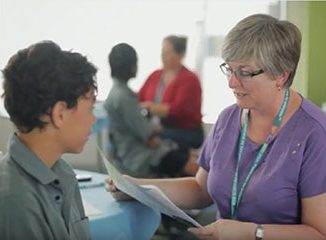
Year 8 boys will be lining up alongside the girls to be immunised against HPV next year following changes to the National Immunisation, reports the Education Gazette.
Changes to school immunisation programmes from 2017 will protect boys from some types of cancer. HPV immunisation will be free for everyone aged nine to 26, whether they’re male or female.
“Children in Year 8 from 2017 can get their immunisations through schools, while older children and young adults will need to see their family doctor, and some other health clinics may also provide HPV immunisation,” Ministry of Health Chief Advisor, Child and Youth Health Dr Pat Tuohy, says.
“This move is a really significant step in reducing HPV-related cancers, which can affect men as well as women. Cervical cancer is the most well-known cancer caused by HPV, but the virus can also cause cancer in the throat, mouth or genital areas. Men have higher rates of HPV-related throat and mouth cancer than women.”
HPV-related cancers take a long time to develop, and are usually diagnosed in middle age, but the viruses that cause them are transmitted mostly by teenagers and young adults.
“Around 80 per cent of people will be exposed to HPV at some point in their life. Protecting children before they are exposed to HPV will protect their health over the long term,” Dr Tuohy says.
“HPV vaccines have been in use around the world for 10 years now, and we’re already seeing their benefits. A recent study found a significant reduction in HPV infection among younger people in multiple countries where the vaccine is offered.”
Around 95 per cent of eligible schools surveyed in 2012 hosted HPV immunisation. Boys-only schools will be invited to host it for the first time in 2017.
Young people aged 14 and under will need only two doses, rather than three, to be fully protected.
For more information about the changes to HPV immunisation in 2017, see www.health.govt.nz/hpv.

